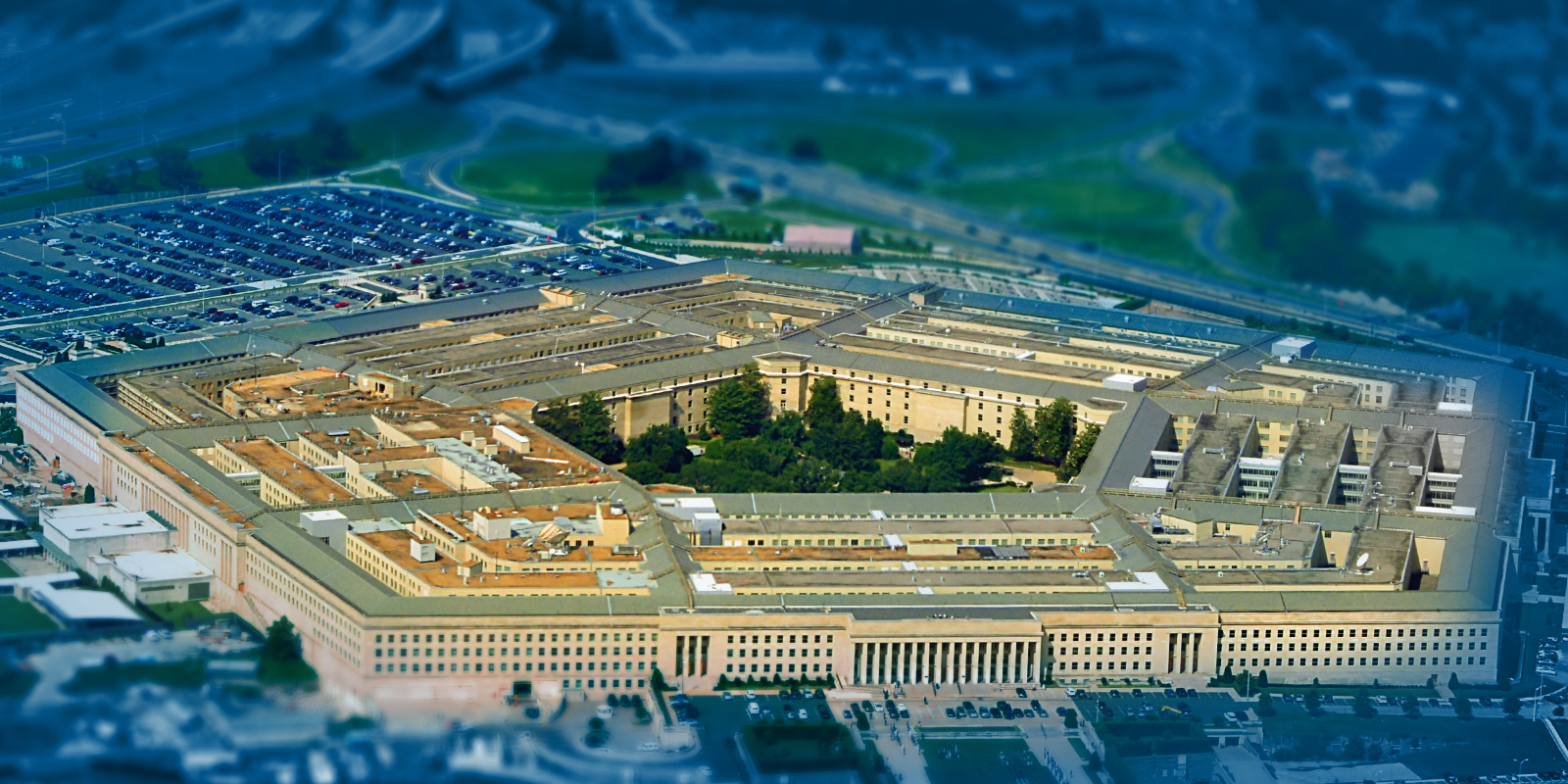
What Defense Contractors Should Expect: Important Changes in the 2018 NDAA
In Short
The Situation: On December 12, 2017, President Trump signed the 2018 National Defense Authorization Act for Fiscal Year 2018, H.R. 2810. Title VIII of the Act contains a number of provisions that could affect defense contractors.
The Result: Congress has created enhanced post-award rights for offerors, directed the Secretary of Defense to take proactive measures concerning intellectual property and data rights, mandated a program to procure commercial products through commercial e-commerce portals, and modified requirements for disclosing cost or pricing data.
Looking Ahead: In 2018, we can expect to see disappointed offerors exercising their post-award rights, the Department of Defense making efforts to increase its understanding of intellectual property and data rights, and implementation of an e-commerce procurement plan.
Title VIII of the 2018 National Defense Authorization Act ("NDAA") includes several provisions that are likely to affect companies currently holding defense contracts and companies seeking to do business with the Department of Defense ("DOD"). Perhaps most significantly, the 2018 NDAA creates new post-award debriefing rights for offerors, authorizes a pilot program that would require certain unsuccessful offerors to reimburse DOD for the cost of processing certain protests, mandates a program for purchasing from commercial e-commerce vendors, and directs DOD to shore up its efforts in understanding the government's intellectual property rights.
Enhanced Debriefings
Section 818 of the NDAA directs the Secretary of Defense to revise the Defense Supplement to the Federal Acquisition Regulation ("DFARS") to provide additional post-award debriefing rights to offerors. Specifically, Section 818 provides disappointed offerors with the opportunity to submit additional, follow-up questions within two business days of a post-award debriefing. The agency is required to answer these questions, in writing, within five business days of receipt. Significantly, a debriefing is not considered to be concluded, and the five-day period for obtaining a stay of contract performance in connection with a protest bid protest at the U.S. Government Accountability Office ("GAO") under the Competition in Contracting Act ("CICA") does not commence, until the day the agency delivers its written response to the follow-up questions. Thus, not only does Section 818 provide an opportunity for offerors to seek additional information regarding an agency's evaluation and award, the new follow-up question process will also extend the time for filing a bid protest that triggers a CICA stay. This change will allow offerors additional time to review their protest options more fully and to devise the best legal strategies for challenging a contract award decision.
Additionally, with regard to contracts that exceed $100 million in value, all required post-award debriefings must include the agency's written source selection award decision, which will be redacted to protect confidential and proprietary information. For contracts valued between $10 million and $100 million, small businesses or nontraditional contractors may request the agency's written source selection. As a result, for certain contract awards, offerors will not have to file a bid protest in order to gain access to the agency's source selection decision. This provision has the potential to decrease the number of protests filed, and those protests that are filed will likely be more targeted to actual flaws in the procurement process.
Payment of Costs in Certain Bid Protests
Also related to bid protests, Section 827 orders the Secretary of Defense to conduct a pilot program to determine the effectiveness of requiring contractors to reimburse DOD for costs incurred in processing certain protests. Notably, this pilot program would not begin until December 2020 and would apply only to protests denied by GAO and filed by a party with revenues in excess of $250 million. In addition to the limited application of this pilot program, Section 827 does not define what "costs" would be reimbursable, how those costs would be calculated, or who would resolve disputes regarding these costs. Companies pursuing protests subject to this provision may want to consider requesting "outcome prediction" alternative dispute resolution at GAO. If GAO advises that the protest will likely be denied, the protester will have the opportunity to withdraw its protest to avoid the issuance of a written decision denying the protest—a loophole that may allow unsuccessful protesters to avoid this fee provision.
Intellectual Property and Data Rights
Separately, the 2018 NDAA contains several provisions pertaining to intellectual property and data rights. Section 802 directs the Under Secretary of Defense of Acquisition and Sustainment to develop policy on the acquisition or licensing of intellectual property as well as establish a cadre of intellectual property experts. In addition to enabling coordination and consistency across DOD, this new policy should ensure that program managers are aware of the government's intellectual property rights and that they fully consider and use all available techniques and practices to acquire and license intellectual property early in the acquisition process.
As for data rights, Section 835 of the NDAA directs the Secretary of Defense to negotiate a price for technical data before selecting a contractor for the engineering and manufacturing development of a major weapon system, or for the production of a major weapon system. Look for our Intellectual Property and Data Rights Commentary in early 2018 for an in-depth discussion of the progression of intellectual property and data rights issues over the past few years and how these recent changes will affect government contractors.
Use of e-Commerce Portals
Section 846 of the 2018 NDAA requires the establishment of a program to procure commercial products through commercial e-commerce portals for the purposes of enhancing competition, expediting procurement, enabling market research, and ensuring reasonable pricing of commercial products. This Section directs DOD to carry out this program by entering into contracts with multiple commercial e-commerce portal providers and encourages the use of commercial e-commerce portals that are widely used in the private sector. Section 846 specifically provides that the term "commercial e-commerce portal" does not include a government-managed online portal or a portal predominantly used by government agencies. Instead, the Section appears to contemplate the use of e-commerce portals that are already household names. As a result of this program, agencies could elect to purchase items from well-known e-commerce vendors instead of a GSA Schedule contract or other government-wide acquisition vehicle. While the potential impact of this program is significant, Section 846 contemplates the rollout of this program to occur over several years and limits eligible purchases to those not exceeding the simplified acquisition threshold. Additionally, at this point, the willingness of private e-commerce portals to participate in this program remains to be seen.
Other Notable Provisions
In addition to these provisions, the 2018 NDAA contains other noteworthy provisions, including Section 811, which modifies the requirements for providing cost and pricing data, and Sections 805 and 806, which increase the simplified acquisition threshold to $250,000 and the micro-purchase threshold to $10,000. Finally, section 832 prohibits DOD from using a lowest price technically acceptable source selection process for the engineering and manufacturing development contract of a major defense acquisition program.
Three Key Takeaways
- The 2018 National Defense Authorization Act carries several provisions that directly affect defense contractors.
- Notably, unsuccessful offerors are given the opportunity to submit additional, follow-up questions within two business days of a post-award debriefing.
- Other provisions include authorization of a pilot program that would require certain unsuccessful offerors to reimburse DOD for the cost of processing certain protests, a mandate for purchasing from commercial e-commerce vendors, and a directive for DOD to shore up its understanding of the government's intellectual property rights.
Lawyer Contacts
For further information, please contact your principal Firm representative or the lawyers listed below. General email messages may be sent using our "Contact Us" form, which can be found at www.jonesday.com/contactus/.
Fernand A. Lavallee
Washington
+1.202.879.3486
flavallee@joesday.com
J. Andrew Jackson
Washington
+1.202.879.5575
ajackson@jonesday.com
Cherie J. Owen
Washington
+1.202.879.3996
cowen@jonesday.com
Robin Overby, an associate in the Washington Office, assisted in the preparation of this Commentary.
Jones Day publications should not be construed as legal advice on any specific facts or circumstances. The contents are intended for general information purposes only and may not be quoted or referred to in any other publication or proceeding without the prior written consent of the Firm, to be given or withheld at our discretion. To request reprint permission for any of our publications, please use our "Contact Us" form, which can be found on our web site at www.jonesday.com. The mailing of this publication is not intended to create, and receipt of it does not constitute, an attorney-client relationship. The views set forth herein are the personal views of the authors and do not necessarily reflect those of the Firm.



